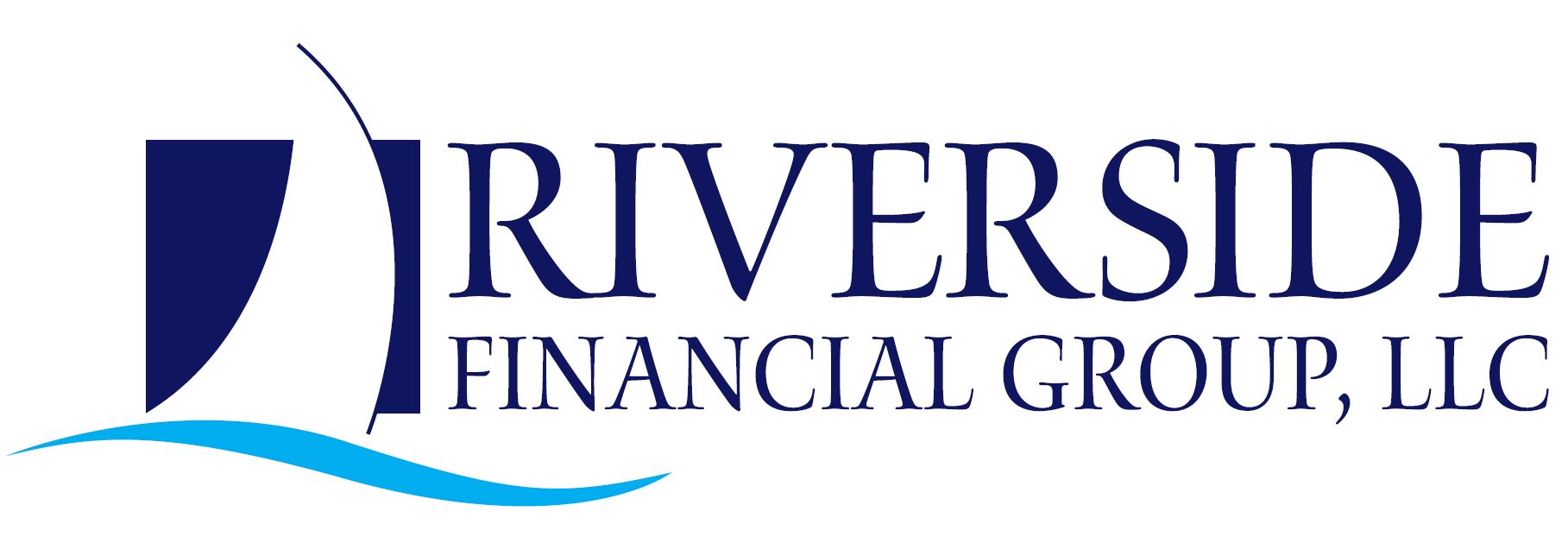An increasing number of clients are asking for investment options that focus on companies engaged in businesses that directly benefit society, that employ fair and progressive labor practices, and that exhibit good corporate governance. There have been instances in the news recently on how companies operate, such as what we have seen with the Equifax breach; customer account openings at Wells Fargo; Valeant Pharmaceuticals, Volkswagen, and Chipotle Mexican Grill. The recent string of devastating natural disasters around the globe strengthens the call for advancements in renewable energy and power generation, clean water and food, health care, and agriculture – to name a few. So, given an increasing awareness of the connection between the global community, citizenship, and investment strategy, it is little wonder that investors seek more from their portfolio commitments than a good rate of return.
The broader conversation about values-based, aka “sustainable”, investing centers on both Environmental, Social, Governance (ESG) and Socially Responsible Investing (SRI) criteria. SRI is mostly about exclusion, a mostly passive “no-harm” screen to shun investments in sectors such as tobacco, firearms, fossil fuels, and alcohol. ESG is more of an active strategy that incorporates corporate behavior and human impact into the investment decision making process. An ESG protocol adds in investments in renewables, green tech, smart homes, clean water, disease eradication, and health living, and takes out companies that don’t get the Good Housekeeping seal of approval.
The rise of sustainable investing can be attributable to a number of factors including, but not limited to, the following:
- The 2008 financial crisis reinforced the connection between governance and systemic risk.
- Established ESG sectors, such as those mentioned above, are experiencing rapid sales, profit, and earnings growth.
- Global warming is becoming more widely accepted, particularly with Millennials.
- Political “reformation” is challenging the conventional establishment around the globe.
The investment industry has been quick to seize this opportunity. Most of the well-known investment vendors are offering dedicated ESG-optimized investment platforms. Morningstar, the investment rating service, now provides social impact ratings on listed funds and ETFs. The United Nations Principles for Responsible Investment, which outlines best practices in ESG investing, has been signed by a significant number of asset managers and institutions, such as Fidelity, BlackRock, TIAA-CREF, and CALPERS.
If sustainable investing is important to you, our research team is well-equipped to recommend top performing funds with high ESG ratings that may be suitable for your portfolio. In addition, we have identified a small but relevant list of publicly-traded companies that are extremely viable ESG investment candidates with exciting growth potential.
We encourage you to call us if you are interested in incorporating sustainable investing into your portfolio. It is clear to us that an investor can indeed do well while doing good, and if it is one of your goals, we are here to help you make it happen.

Recent Comments